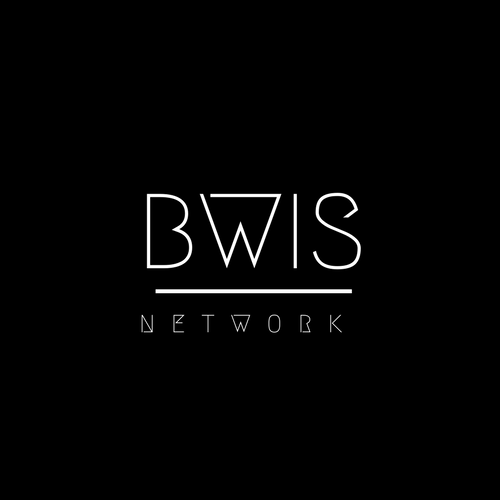By no means do our cultures define or dictate our characters or career paths, but it would be ignorant to dismiss cultural influence in our lives. Within Africa and the Caribbean, cultural influences vary, however, in the British community, it is not these cultural differences that often lead to prejudice or misconceptions, but rather ignorance and a lack of uncommon ‘common’ sense.
For a long time, I thought I hated science and that science didn't suit me, so there was no point in planning a future in the industry. I remember being intrigued with science and its possibilities, but I didn’t see how I fit into those possibilities. My lack of confidence came from a lack of knowledge of the futures that were available to me in science.
Present day, I count myself very lucky in the fact that I pursued science, even without the knowledge of where I was going with it. Once I discovered my ambitions as a scientist, I had questions that I wanted answered, but not many people to ask. I wasn’t necessarily looking for someone who looked exactly like me to ask, but I was definitely looking for someone who could relate to some of my more race-focused concerns. I needed realistic insight into what my life would be like as a scientist.
As I got older, I was privileged in the fact that I gained more knowledge on the potential careers within science. I also am blessed in the fact that I now have a network of close people to whom I can raise personal concerns. It is with this change that I realised how beneficial it would have been to have had these questions answered at a younger age. This would have led to more informed decisions, a decrease in career anxiety, and a more focused pursuit in preparation for my future. I’ve come to realise the benefits of experience, and the learning process; however, I do believe that in some instances, repeated mistakes can be a waste of time and that it is great to learn from the people around you - whether it be peers, mentors or mentees.
I see the issues in communities (both cultural and professional) and I’m bored of watching generations inherit prejudice and ancient ‘norms’. Talking about the realities of being a black woman in the scientific industry isn’t something we should shy from. As a solution, I hope this network creates a community in which black females in science can support each other in our paths to success.
Tomi Akingbade is an MSci Neuroscience student and the founder of the Black Women in Science Network. Tomi started the Black Women in Science Network in the hopes to create a safe, honest and personal environment in which the realities of being a black female in science can be discussed.
Twitter: @tomi_akingbade
Email: tomi.akingbade@gmail.com
By Tomi Akingbade, Founder


I'm very much here for 'redefining science' - there is so much that black female scientists have to offer. I can't wait to see how BWiS brings such scientists together.
I am happy to see that contemporary black women are acknowledging themselves as scientists, even if that understanding might be bounded by western definitions of what science is...we can exceed even within these definitions. What I look forward to is Black women redefining science in accordance with our own unique 'image, so to speak,. To venture towards describing a world in which the concerns and creativity of wherever we find ourselves on the planet can provoke our contribution towards a full and deep exploration of 'what is reality', from a pluriversal and pro-womanist consciousness. To look at African fractal science and how it has contributed to fields such as construction, agriculture, design and even the apparently simple construction of windbreaks…